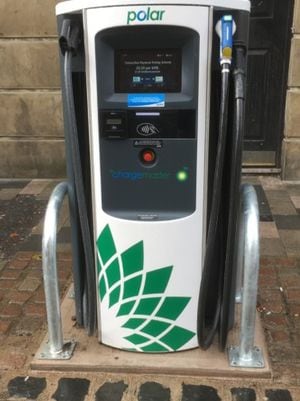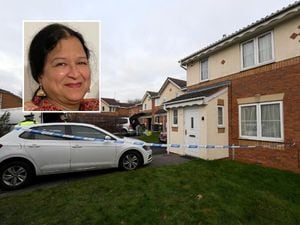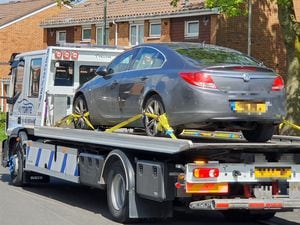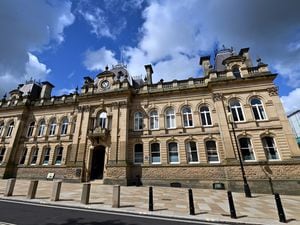Climate change help needed from public
Environmental bosses at Wolverhampton Council are reaching out to residents for advice on how best to fulfil their commitment to make the city greener by 2028.

The council officially declared a climate emergency in July last year, and has since been working to increase practices of sustainable activity within the city.
This week saw the launch of an online survey asking members of the public how they think local communities can be best served in coping with climate change.
The council has just published a new document entitled ‘Future Generations – Our Climate Commitment’ which is available to download on its website alongside the survey, which can be found at http://bit.ly/30fr5nA
Writing in the brochure, Wolverhampton Council Leader, Councillor Ian Brookfield, said: “Climate change endangers our planet, our nation and our city. It’s an important and growing priority for all Wulfrunians but especially our younger generations who are key to the future success of our city.
“They’ve told us that climate change is the single biggest issue for them. It’s time our city listens, learns and acts.
“We are also committed to leading a whole-city approach and to work with a wide range of partners across the city to safeguard the health, safety and well-being of our city and the future generations that will inherit it.”
As far back as 2011, planning policies were put in place to ensure renewable generation was built into all new housing developments, with solar panels installed on the Civic Centre the following year and six mega watts of solar panels built into the i54 plant in 2015.
The West Midlands Combined Authority (WMCA) has agreed a carbon reduction target for zero emissions for the region by 2041.
At present Wolverhampton Council’s carbon footprint accounts for only around one per cent of the city’s carbon footprint.
Between 2018-19, Wolverhampton also recorded the lowest absolute emissions of CO2 among all the Black Country local authorities. Last year also saw all council buildings and street lighting within the city become powered by renewable electricity.
2019 also saw six electric vehicle charging points installed around the city with more planned this year.
Members of the public have until February 28, to take part in the 15-question survey.





